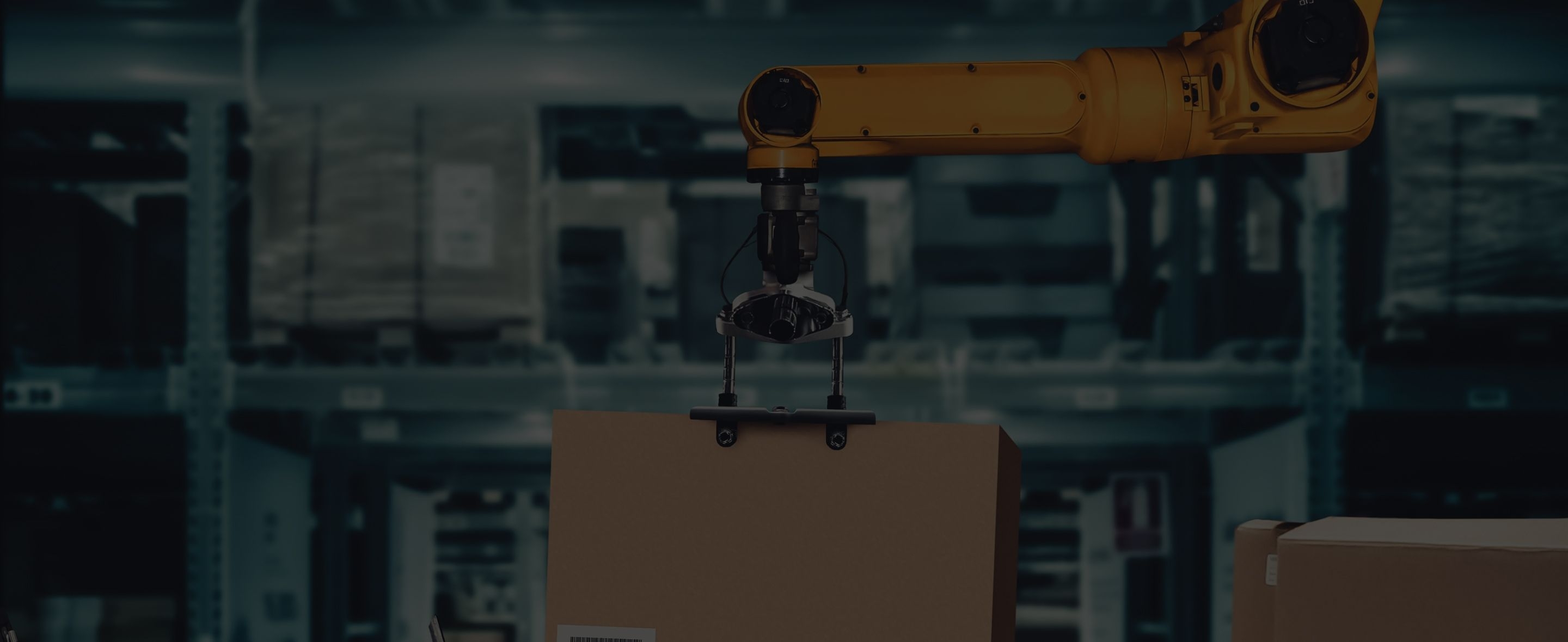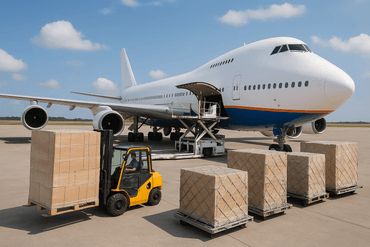
The right approach to automation in freight forwarding



In recent years, the hot topic of digital freight forwarding has been about technology, digitization, and automation.
In comparison with other industries including as air travel, the shipping industry is considerably backwards when it comes to digitalization. There doesn’t appear to be a sense of urgency to adopt and embrace technology and its advantages.
The industry knows this and is certainly reacting. For starters, shipping lines Maersk and Hapag Lloyd now offer instant quotes on their online page. And more and more ports and terminals are beginning to go down the path of automation.
Freight forwarding? That’s perhaps where it’s most obvious.
The number of new digital freight forwarders that have entered the market in recent years - each claiming to ‘disrupt’ the industry with its innovation and technology has increased.
And so is the funding they’ve been receiving.
According to the Boston Consulting Group, between January 2012 and September 2017, digital shipping and logistics startups received more than $3.3 billion in investment from venture capital funds.
Where is this ‘disruption’?
But all this talk about ‘disruption’ has raised questions - to what extent have these new digital entrants really made an impact?
Lars Jensen, CEO of Seaintelligence Consulting, isn’t too convinced. During a visit to iContainers earlier this year, Jensen remarked:
“I see a lot of people in this industry talk about disruption, which I think is completely off the mark. As if you’re going to come in from the left field and come up with something completely new and disrupt the entire industry so the entire industry will be different in a year or two. That premise I simply don’t buy.
The change will indeed happen, but it will be a gradual evolution, not a revolution.”
What can’t be denied is that there are opportunities available out there. The industry is filled with loads of untapped data and there are exciting new technologies that hold much potential in digitalizing ocean freight.
Recent studies, including those published by Barclays and Transport Intelligence, however, have been sharp to point out the lack of this ‘transformative’ impact from this so-called digital disruption.
Transport Intelligence’s report pointed out that the entry of tech forwarders “has driven the largest forwarders to enhance their own technology usage and the capabilities they offer to shippers”.
But the self-claimed “disruptive” impact by these new-age freight forwarders is not yet felt. And when considering just how large and complex the industry is, that’s not too surprising.
How iContainers is doing automation right
There are numerous players involved in each single shipping process that need to communicate with each other and at the different stages. These range from the supplier, warehouse, and local transporters on one end of the spectrum and shipping lines, freight forwarders, customs officers, buyer, and more, on another. And all this - just for a regular dry bulk shipment.
Each of these players has its own specific way of managing things. Plus, there are countless different processes and systems available to manage each of these tasks. Consider the exceptions out there and the number multiplies exponentially.
Let’s also not forget how set in their ways the industry and its players are. And given the size and age of the ocean freight industry, it’s not difficult to understand why.
The right way to really make a difference requires very careful and strategic implementation, which is what we’re doing at iContainers.
“The key here is to be ambitious - but strategically so. Instead of tackling it whole and all at once, automate it part by part. Trying to unify and standardize all of that in one go with automation is nearly an impossible task.”
- Iván Tintoré, Executive President and Co-founder, iContainers
The iContainers approach to automation
iContainers was started with one goal in mind - to streamline the process of booking ocean freight shipments by offering digitized solutions with automation.
We started by focusing on automating booking and pricing - two systems our founders considered to be of utmost importance. After these two basics aspects were done, we went on to the larger operations.
Today, iContainers’ FCL export processes are 100% automated. Since then, we’ve even introduced a 24⁄7 tracking system and automated notifications. The whole communication operation controlling these procedures is completely automatic.
Our ultimate aim is to cut down on the unnecessary risk of human mistakes and permitting automation to work its magic. This way, we’re able to guarantee speed, efficiency, and accuracy.
“If you look at what iContainers is doing, this slow easing into the new ways of doing business, that’s exactly the right way of doing it. Because going in, saying we’re going to change everything overnight, that’s a tough order. But gradually taking the steps, that is actually going to work.”
- Lars Jensen
And we’re far from done. Our continual efforts down this path of automation will ensure that we provide only the best of the best to our clients.
Automation: Worth the wait
There is a high level of inter-connectedness and dependency within the industry. After all, it’s not just one company but also the players around that are all tied together by a simple operation. This makes it difficult to have visibility of everything that’s happening and to control and manage it all.
The state of automation in the ocean freight industry has improved tremendously but we’re still a long way from being able to call ourselves an automated sector.
The potential for automation is immense. History has taught us that that the more difficult it is to find a solution, the more benefits we’ll be reaping later. And in a sector as big as shipping, even a little is a lot.
If we’re able to even progress a little, especially in the initial stages, we’ll eventually be able to reduce manual inputs in the end-to-end process of our services and take giant strides towards efficiency.
Related Articles


